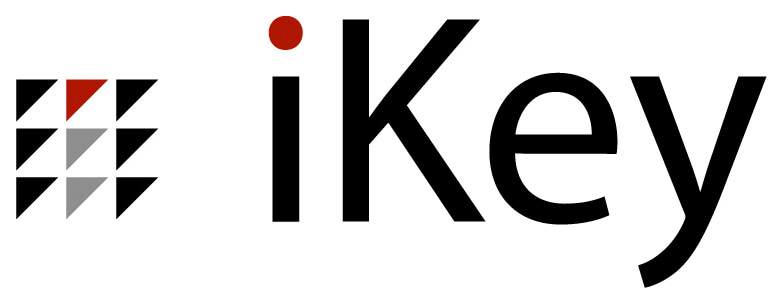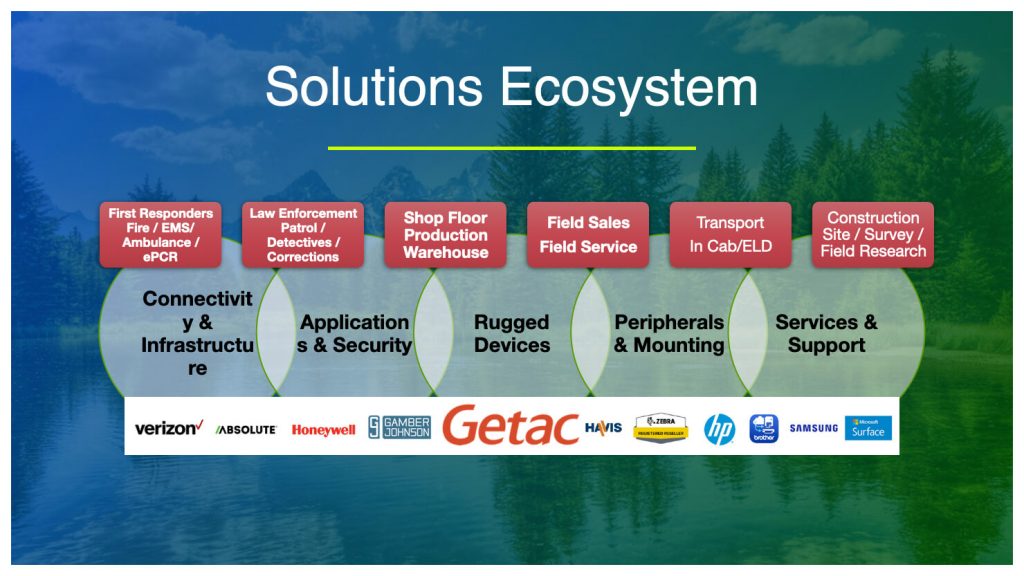Cloud Hybrid Storage Solution: What Is It?
Capacity planning for IT can be a challenge to get right. Some businesses give their IT department more resources than needed to stay on the safe side, while others underestimate what is needed and end up in a bind. Either way you go, your organization can end up spending significant and unnecessary capital due to poor planning.
Many businesses value on-premise IT storage solutions for security and control, but don’t realize how unscalable an internal solution is. There is an alternative: the public cloud, which allows businesses to scale rapidly without having to predict capacity. The public cloud operates on a pay-per-use service, so you will never be paying for more than you need.
The cloud hybrid storage solution is the perfect mix of the security of an onsite private system and the on-demand use of an offsite public cloud. It’s a new approach to IT that brings the benefits of the cloud to an on-premise IT infrastructure, one that lets you get the best of both worlds.
What is Hybrid Cloud Storage?
Hybrid cloud storage is a storage solution design that integrates onsite and offsite cloud storage systems. Essential data can be stored onsite in a private cloud, while policy engines continually move inactive data to offsite servers. Information is safely stored and easily accessible.
How Does The Hybrid Cloud Work?
The hybrid cloud employs the services of both the public and the private cloud to store data. The storage solution hosts active data on the private cloud and has a backup on the public cloud. The two work seamlessly together, providing a local cache and memory, data deduplication and encryption for an IT shop’s data. The duplication of data on both clouds is a safe way to preserve data during an outage. The hybrid cloud also allows for flexibility from the user, so sensitive data can be stored on the private cloud while less sensitive or less used data can be stored on the public cloud.
What Are The Benefits Of The Hybrid Cloud?
Storage flexibility, data backup, and accessibility are at the forefront of the hybrid cloud storage design benefits. With a cloud hybrid storage solution, users don’t have to search in multiple areas to find the data they need. Because of its integrated nature, all data can be accessed quickly and easily. Data is automatically backed up, eliminating the need for separate backup infrastructures.
Users combine the simplicity, agility, and economics of the public cloud with the security, control, and governance of the private cloud. Costs are also billed on a per-use policy, so businesses will only be charged for what they use. The “as a service” consumption model is an excellent alternative to capex models.
A hybrid cloud storage solution design easily handles surges in demand, so businesses can get to market faster without having to spend capital on extra IT services. With its pay-per-use billing cycle, organizations can easily track costs, including infrastructure, software, and any support needed.
Is A Hybrid Cloud System Scalable?
A hybrid cloud storage system is one of the most scalable storage solution designs available today. Its on-demand infrastructure means that its capacity can be increased in minutes and the storage system can grow as an organization does. Capacity is monitored to maintain a safe buffer and is kept ahead of demand with a simple change order to replenish.
How Can Hybrid Cloud Storage Be Implemented?
A hybrid cloud solution can be implemented through storage software, gateway, or application integration.
Storage Software Implementation
Without a custom integration, implementing a hybrid cloud storage solution is only possible if the internal and external cloud storage solutions run the same cloud software. A lack of standardization has made the implementation difficult without a third party expert. Cloud vendors, such as Affinity, can offer storage stacks that provide an easy integration with the public cloud.
Gateway Implementation
Gateway implementations reside at the customer location and translate the cloud APIs to block based storage protocols, essentially serving as a bridge between the public and private cloud.
Application Integration
All public clouds offer APIs to interact with internal cloud storage software. Those APIs enable in-house users to connect to the public cloud storage via REST interfaces.
Gain A Public-Cloud Experience With The Benefits Of On-Premise IT
Think a hybrid cloud is the right storage solution design for your infrastructure? Affinity Enterprises can help. Contact us today to learn more.






















